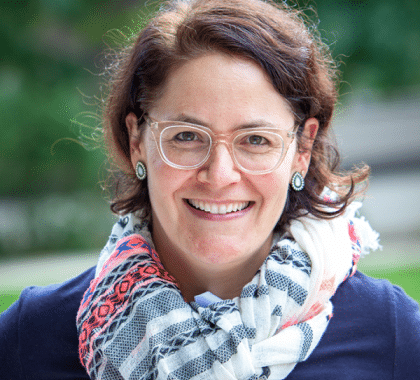Last week, with the support of Belmont Day and the National Association of Independent School (NAIS) Aspiring Heads Fellowship, I was fortunate to attend the NAIS annual conference in Las Vegas. This year’s theme was Cultivating Community, and one thing became very clear—there are a lot of brilliant and powerful people working very hard today to fight polarization and build community in our country.
The three keynote speakers addressed us as an audience of educators and instrumental changemakers in helping the next generation of young people to bridge the gap between polarizing values and viewpoints. Below are some of the key points each speaker offered as antidotes to polarization:
Jamil Zaki, professor of psychology at Stanford University and author of The War for Kindness: Building Empathy in a Fractured World
- Practice goodness attunement. Follow data from organizations like The World Happiness Report, volunteer, donate to charity, and help others.
- Change your media diet. Follow sites like solutionsjournalism.org, which focuses on how people are trying to solve problems, and reasonstobecheerful.com, a non-profit editorial project which amplifies good news.
- Trust loudly. Broadcast your trust in others. Zaki’s Stanford Social Neuroscience Lab’s research shows that when people believe that you trust them, they feel a very strong duty to live up to the faith that someone has placed in them and are more likely to perform their best work.
- Make empathy popular. In order to investigate whether we can build more empathy in one of the most highly conformist groups out there—middle schoolers—Zaki’s Stanford Lab asked 1,200 seventh-grade students in the Bay Area about why they valued empathy, and then collated and shared the answers with other students. Zaki and his team found that students who got to see the testimonials of their friends and classmates highlighting why they valued empathy “were more likely to believe that empathy was popular among their peers, and, in turn, predicted their likelihood of engaging in kind behavior, as reported by other kids”. In other words, we should share with young people the good news of why their peers value empathy in order to foster a more compassionate community.
Tracy Dennis-Tiwary, professor of psychology and neuroscience at Hunter College, author of Future Tense: Why Anxiety Is Good For You (Even Though It Feels Bad)
- Avoid polarizing anxiety as all bad.
- Practice being ‘antifragile’. Help young people work through anxiety instead of around it. The fact is that we grow stronger because of stress and strain, not in spite of it. Just like our immune system and muscles, our emotions, including anxiety, can benefit from a challenge.
- Practice a mindset reset. Imagine what would happen if kids were told that when they felt anxious, they could expect to feel their hearts racing and their palms sweating. Imagine they were also told, “this is your body getting prepared for its peak performance so that you can achieve excellence.” Make transparent the valuable purpose of anxiety in our emotional lives.
Van Jones, CNN political contributor, the host of the Van Jones Show and The Redemption Project
- Serve both freedom and justice. The new generation will need to close the gap between our country’s history of division and polarization and the ideals that our country set out at its origin. Some say that the political right prioritizes freedom, while the left prioritizes justice. However, freedom without justice and justice without freedom will fail—they rely on one another to work.
- Build on what binds us. Find the one thing you have in common with someone else, even if it’s a tiny cross-section of values, to build common trust.
- Give it time. The power of 15 minutes with someone is invaluable—approach the time together with the framework that “it’s not about agreement; it’s about understanding.”
This year’s NAIS conference inspired me to lean into our duty as parents and educators of the next generation of leaders, to commit to practicing the guidance of this chorus of experts. By following these tips in our everyday interactions with young people, we can all work to build a more just, free, and empathic community.




